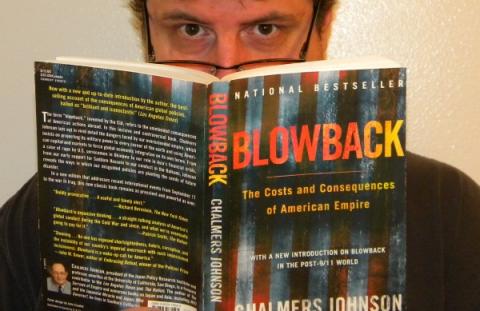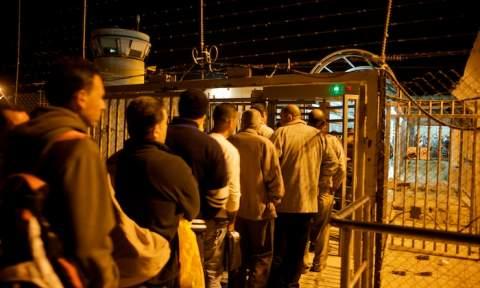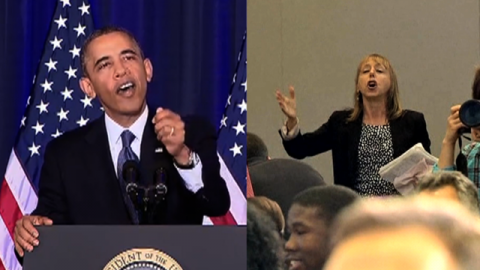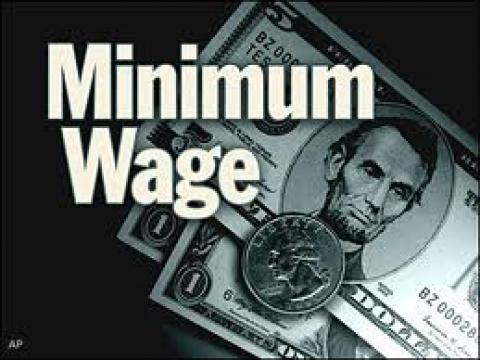We used to buy music at independent record shops downtown. We shopped the chain mega-stores that took their place. When these moved online, in the form of iTunes or Amazon, we were there, wallets out. For fifty years, the path to purchase has essentially been the same. Go to the physical/digital record store, buy an album. But what if the record store was inside the album instead? Bittorrent Bundle lets people connect directly with their audience, on their terms.











Spread the word